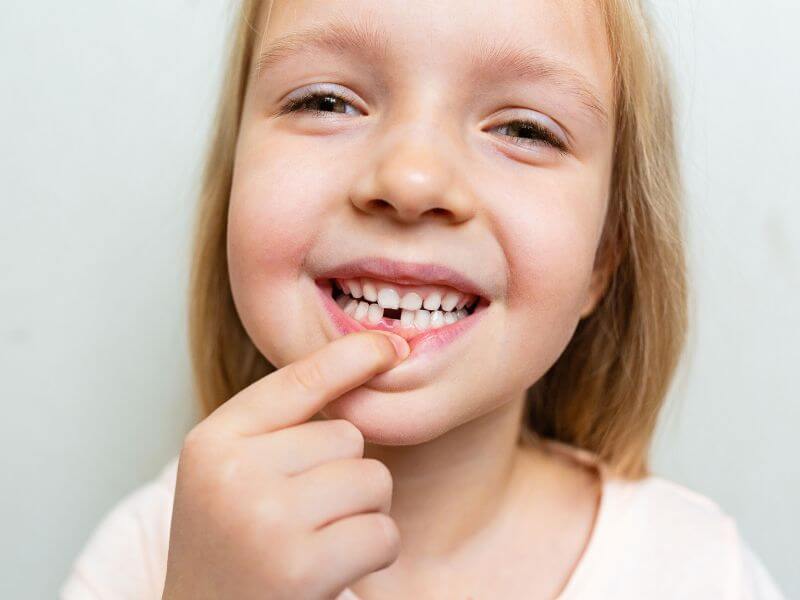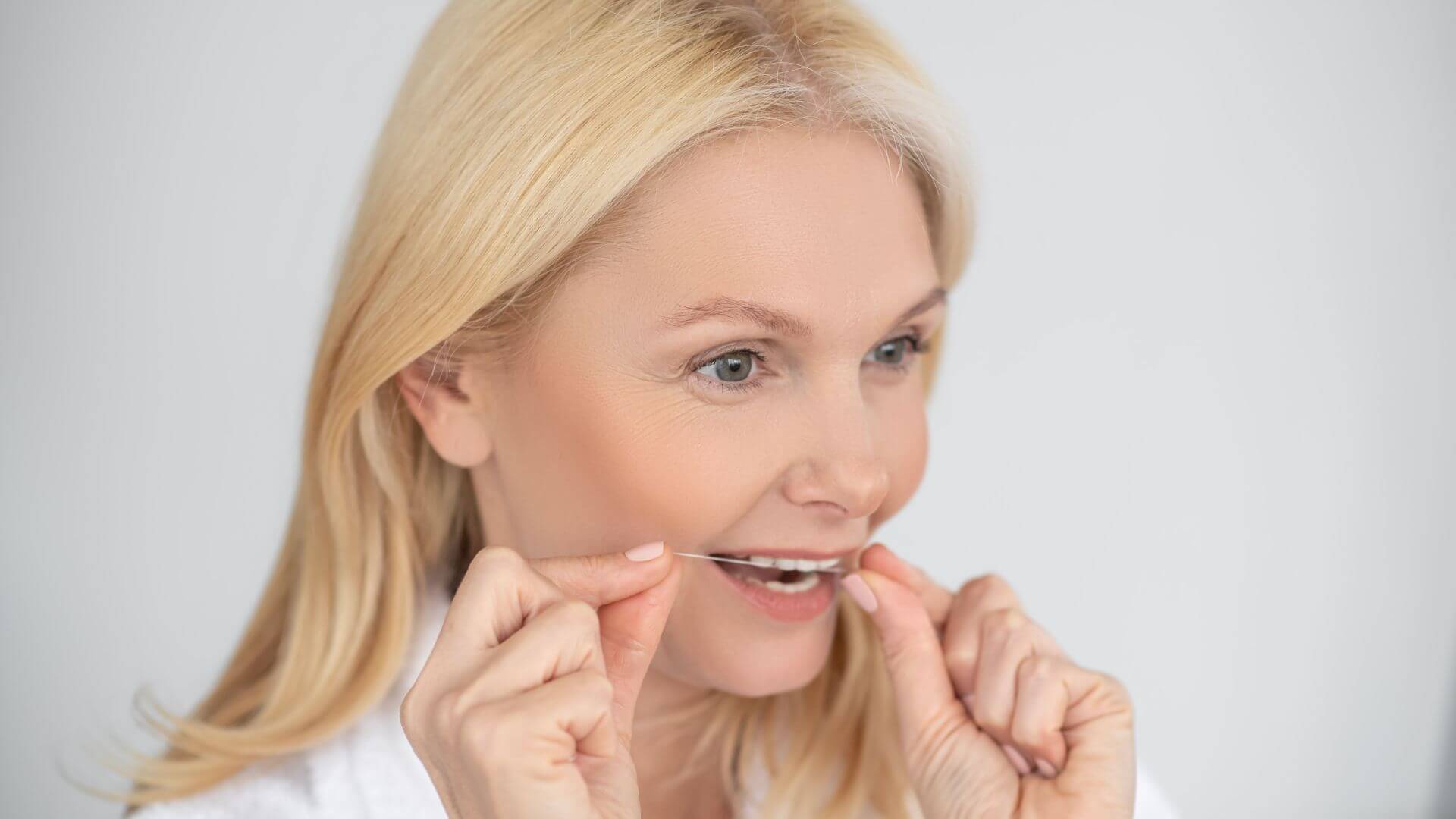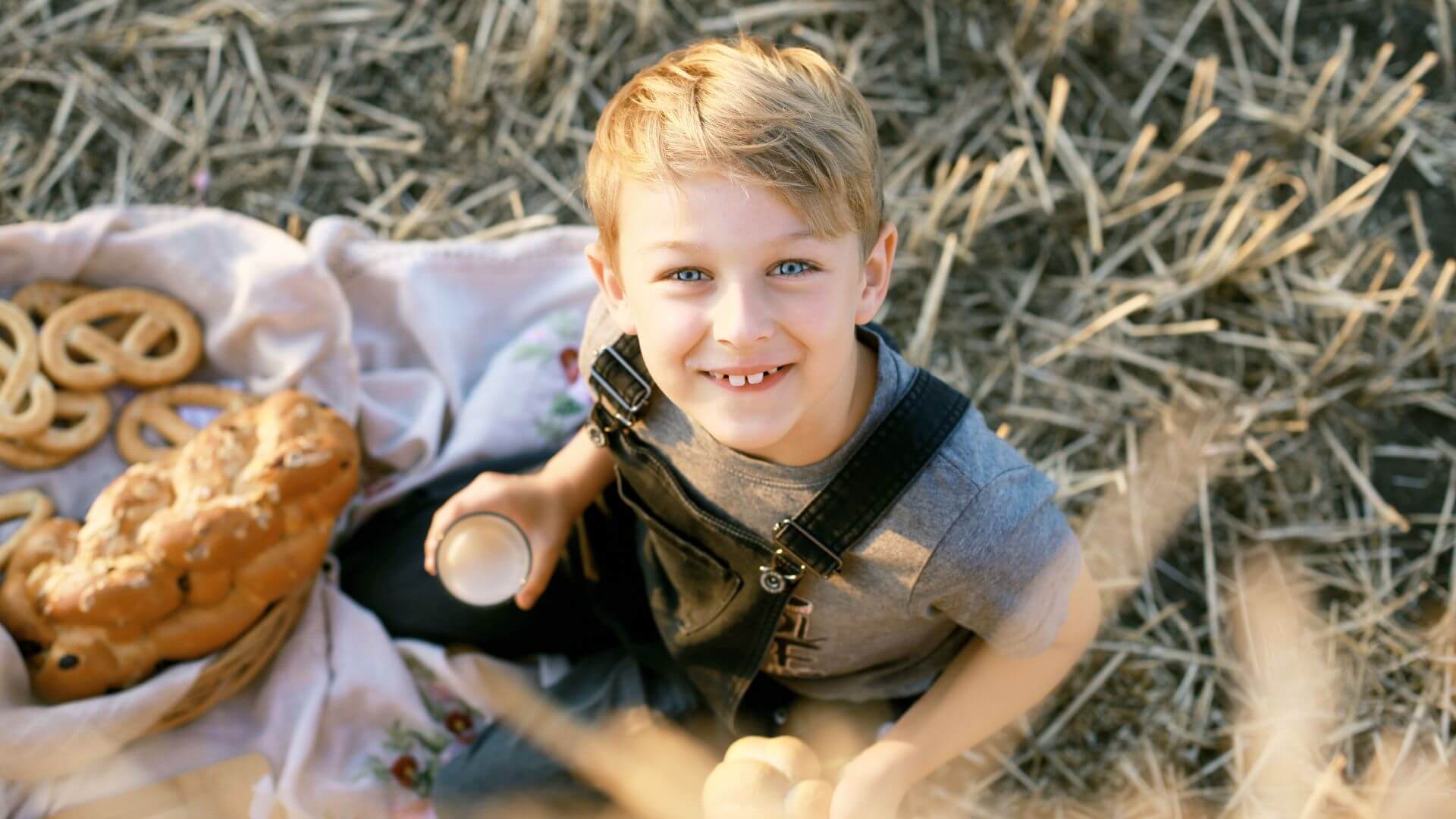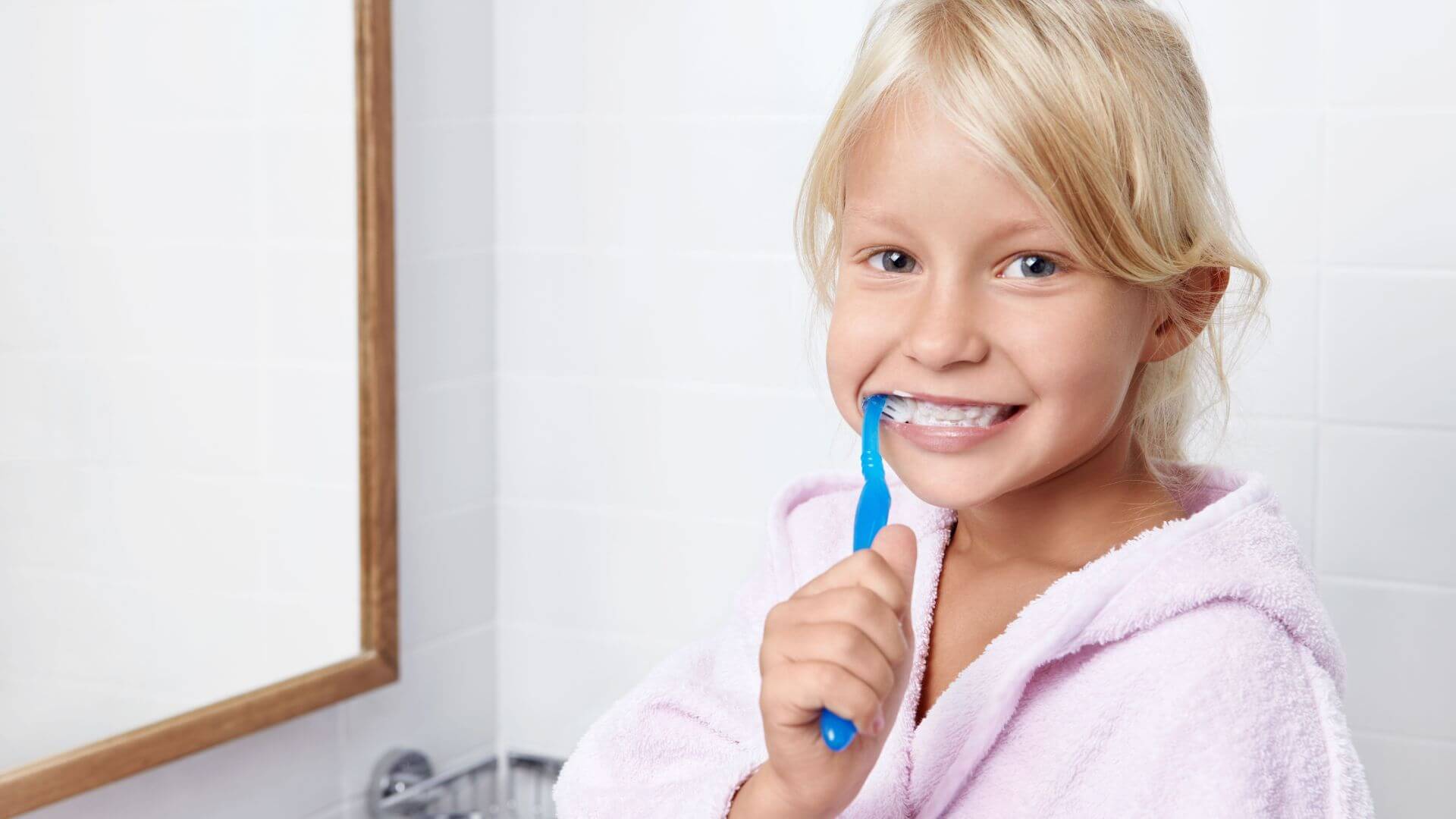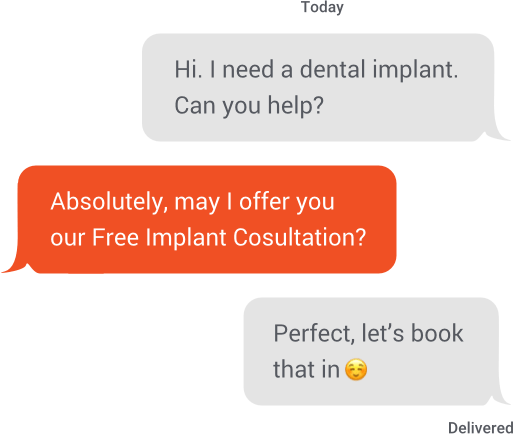Also known as deciduous teeth, baby teeth or primary teeth, your milk teeth are the chompers that kick in through your gums about 6 months after birth. So, how important are they, and how can we best take care of them for our kids and young loved ones?
The importance of our Milk teeth
Our milk teeth might be our ‘first round’ of teeth, but it’s essential to keep them in good health (even though they will eventually fall out!).
By about 2 and ½ or 3 years of age, kids will see about 20 milk teeth come in, and these consist of eight incisors, four canines and eight molar teeth. These are our first teeth to experience chewing with, aid in speech and language development, future teeth alignment and more, so it’s a good time to get kids used to dental care in a gentle but regular way.
Teething, when these new teeth push through the gums, can be a notoriously painful time for children – luckily we don’t have clear recollections of this time in our lives – ouch! Teething is especially painful for those large teeth when they kick through, and cool teething rings or sugar-free rusk sticks can assist in delivering a bit of comfort if a child is fussy because of their discomfort.
Keeping those Milk teeth fresh
Believe it or not, tooth decay can occur very early in a child’s life, and although you’re always on track to lose these teeth, it doesn’t mean you can skip essential dental care.
Just like adults, dental care is similar for kids, but keep in mind that the enamel and dentine on milk teeth is thinner than those mature teeth – making them even more prone to developing decay and cavities!
We know that kids are like a moth to a flame to sugar, so start out slow even before those milk teeth are showing and regularly brush the gums of your baby or toddler with a soft, flexible brush – this can be a great way to link fun and playtime (while supervised) with dental care. You can even give your baby a go with the soft brush, giving them time to get familiar with these new sensations and textures.
From the age of 6 months (or when the first milk tooth has broken through, usually around 6 months of age) with a fluoride-rich toothpaste. There are plenty of kid-friendly brands on the market with strawberry flavouring that make it more appealing and less intense than a minty option (just make sure they don’t start swallowing it!).
Then, get into the habit of brushing your child’s teeth for two minutes, twice a day – get them used to helping with this and feeling confident with the toothbrush, and supervise until at least 7 or 8 to make sure they clean all of those milk teeth.
We can all remember being a kid and not enjoying the process of brushing our teeth, but gentle encouragement helps dental care to not be a daunting experience and prevents decay and painful problems that can develop later on down the line.
At Proud Smile, we want all kids to feel welcome, comfortable and confident during a visit. We encourage you to bring your family in early for a check-up and clean-up – establishing the dentist as a place for care and a friendly smile from an early age (and not a torture chamber!).

